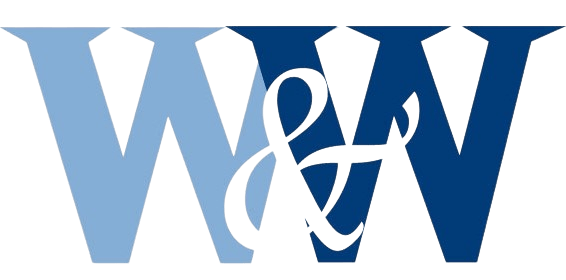Small business owners have a lot on their plates and managing their finances can be one of the most challenging tasks. As a small business owner, you need to keep your expenses in check, stay on top of your invoicing and manage your cash flow effectively. That is why having a good banking strategy is essential for the success of your business.
Separate your Business and Personal Accounts
One of the biggest mistakes that small business owners make is mixing their personal and business finances. This can cause confusion and make it difficult to track your business expenses, which can be a real headache during tax season. To avoid this, open a separate bank account for your business and make sure to only use it for business-related expenses. This will help you keep track of your business income and expenses and make it easier to manage your cash flow.
Choose the Right Bank
Not all banks are created equal when it comes to serving small business owners. Some banks offer specialized services for small businesses, including low-fee accounts, cash flow management tools and easy online banking. When choosing a bank, make sure to do your research and compare different options to find the one that best meets your needs. You should also consider the bank’s location, as it can be helpful to have a local branch where you can meet with a banker in person.
Use online banking and payment tools
In today’s digital age, there is no reason to spend hours each week balancing your checkbook and paying bills by hand. Most banks offer online banking and payment tools that can save you time and make it easier to manage your finances. These tools allow you to view your account balances, transfer funds, pay bills and track your expenses all in one place. Additionally, consider using payment tools like PayPal, Square or Stripe to accept credit card payments, which can make it easier for customers to pay you and help you get paid faster.
Monitor your Cash flow
Cash flow is the lifeblood of any small business. To keep your business running smoothly, it is essential to monitor your cash flow regularly. This means keeping track of your income and expenses and projecting your future cash needs. You should also have a plan in place for managing any cash shortages that may arise, such as securing a line of credit or a business credit card. By staying on top of your cash flow, you can avoid cash shortages and ensure that your business has the funds it needs to operate.
Review your Accounts Regularly
Finally, it is important to review your bank accounts regularly to make sure that everything is in order. This means checking your account balances, reviewing your transactions, and reconciling your accounts. Also, keep an eye out for any suspicious activity, such as unauthorized transactions or unusual account activity. By staying on top of your accounts, you can catch potential issues early and avoid many financial problems down the road. Give us a call and we would be happy to discuss some possible solutions with you.

